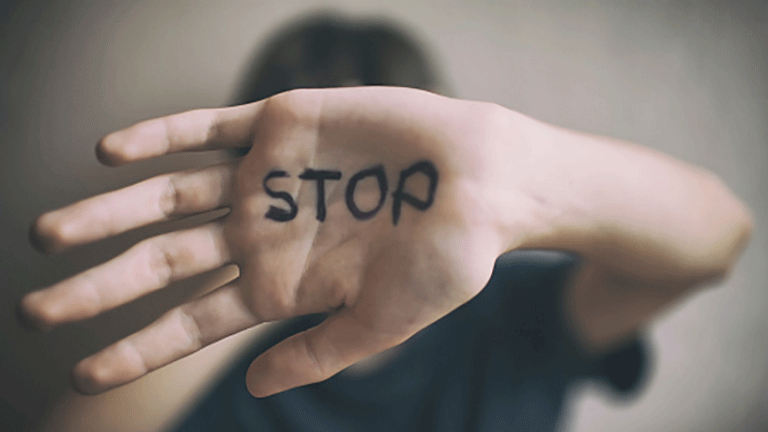
Family violence – it’s inescapable.
And the repercussions, especially for children and teenagers, can ripple through their lives leaving scars that last a lifetime. Not to mention the overall effect on your family and home life.
In Australia, it is startling to know that 1 in 4 children are exposed to domestic violence. Furthermore, 50% of women who experience domestic violence have children in their care.
Here our expert Psychologists explore the affects you may be facing yourself, and shed light on what is often a “hidden” issue, and not spoken about nearly enough.
So What is Domestic Violence Deemed as?
It encompasses actions and words that:
- Coerce or control an individual
- Elicit fear in a family member
It can take various forms such as:
- Physical Violence: including pushing, slapping, and hitting.
- Emotional Abuse: involving consistent blaming, threats, and stalking.
- Sexual Abuse: ranging from rape to sexually degrading insults.
- Verbal Abuse: such as name-calling and criticism.
- Social Control: including monitoring phone calls and restricting social connections.
- Financial Control: involving financial restrictions and monitoring spending.
A Parent’s Guide to Helping Your Children – We Answer Your Questions
- What is the impact of family violence on my child/teenager and how do I help? Children exposed to domestic violence are at risk of various psychological, social, and physical health difficulties, including anxiety, depression, and low self-worth. They may also engage in substance use, struggle to manage emotions, and experience difficulties in academics.
- My child/teenager has changed due to my partner’s behavior. What should I do? If your child is withdrawn, down, and has lost confidence, their well-being might be affected. It’s crucial to address the impact of your partner’s behavior on them, and seek support and help.
- My child/teenager has changed due to our frequent fights. What should I do? If your child is worried and avoids going home due to ongoing conflict, it’s essential to seek help to create a safe environment for them to feel welcomed and not in fear.
Understanding Your Child’s Thoughts
- Children are highly intuitive and can sense, observe, or be involved in family violence, which is likely to affect them psychologically.
- Children and teenagers need to feel physically and emotionally safe at home for healthy brain and emotional development.
3 Tips to Support Your Child/Teenager
- Open Communication: Invite your child to speak with you in a calm, open, and non-judgmental manner. Validate their concerns, even if you think they may be overreacting. Take reports of fear seriously and create a plan with your child to manage difficult situations.
- Alternative Support Network: If your child won’t talk to you, help them identify a trusted adult they can confide in, such as a relative, friend, or teacher. Consider involving a psychologist if they are experiencing anxiety or depression symptoms.
- Seek Help: Regardless of the severity of family violence, it must be addressed to support your child’s recovery. Seek assistance from friends, extended family, organisations, or professionals, including couple or individual counseling.
The Difference When You Seek Support
At Creating Change, our trauma-informed psychologists can provide support, guidance, and treatment for you and your children. In case of an emergency, contact 000 or the Domestic Violence line at 1800 65 64 63 for immediate assistance, including emergency accommodation and legal services.
Understanding the impact of domestic violence on children within a family is crucial to breaking the cycle of abuse. By recognising the signs, communicating openly, and seeking help, you can create a safe and supportive environment for your child’s emotional well-being and development, giving them a brighter future. Don’t hesitate to reach out to professionals and organisations for assistance to ensure a stable future for your family.
Written By Rebecca Deane – Principal Clinical Psychologist
Creating Change Psychology Bella Vista Sydney
Resources:
If you cannot seek treatment right now, then the websites ‘What’s okay at home?’ https://woah.org.au and https://www.facs.nsw.gov.au/ provides information and learning modules for children ages 10 and up
- Is this abuse? Find more information about various forms of abuse here: https://www.whiteribbon.org.au/
- If you have children and are experiencing domestic violence: https://www.facs.nsw.gov.au/
- https://www.1800respect.org.au/violence-and-abuse/children-and-young-people/children-and-violence/impacts

